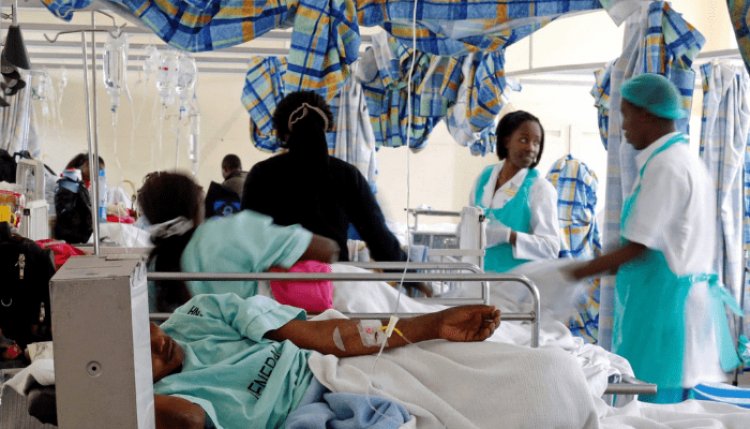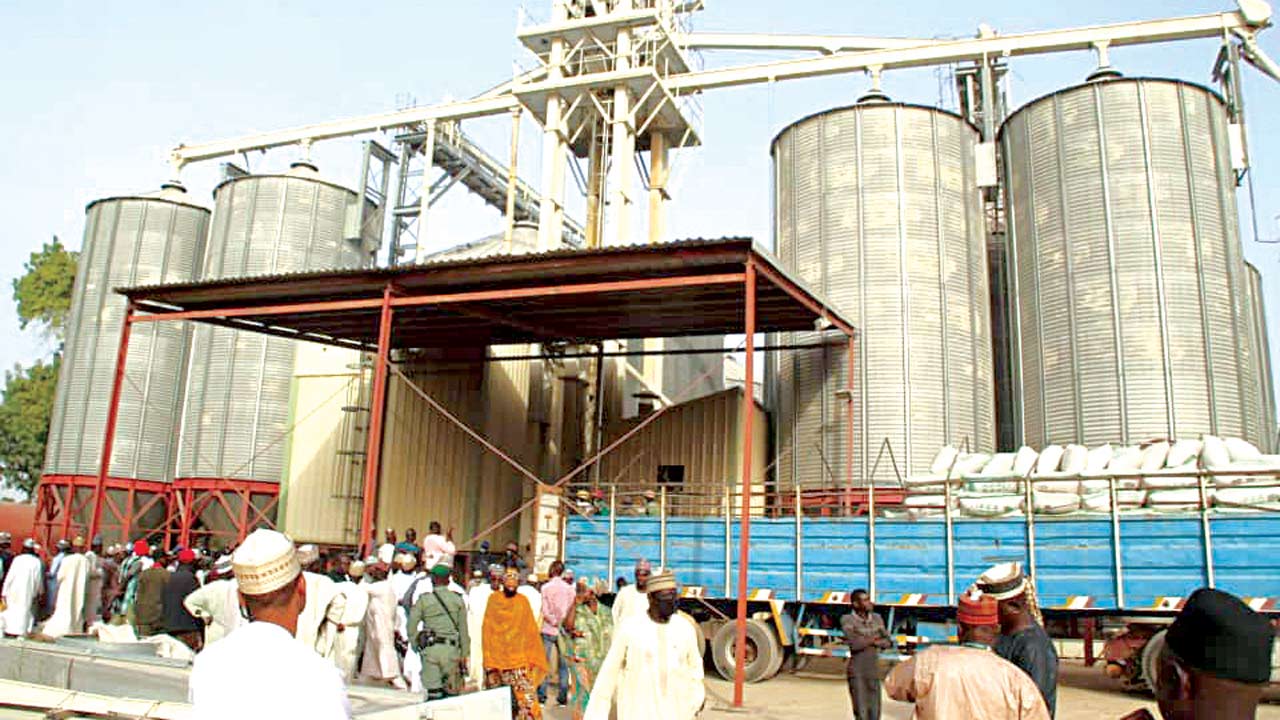If the target of the World Bank is met as planned, then the days of extreme poverty, particularly in low income countries, are numbered. This is as the global bank aims to raise the sum of $100bn to eradicate extreme poverty, which it said would take decades to accomplish , unless drastic actions were taken.
According to the Washington-based lender, 700 million people live on less than $2.15 a day. The bank said 3.5 billion people live on less than $6.85 a day, adding that multidimensional poverty concentrated in lowest-income countries.
The World Bank said, “About 700 million people—or 8.5 percent of the global population—live in extreme poverty on less than $2.15 a day.
“Around 3.5 billion people live on less than $6.85 a day, the poverty line more relevant for middle-income countries, which are home to three-quarters of the world’s population.”
It is taking this step to arrest the situation because it is convinced that “Without drastic action, it could take decades to eradicate extreme poverty and more than a century to eliminate poverty as it is defined for nearly half of the world.”
The institution explained that poverty goes beyond a lack of income as it could also include insufficient access to education, health, electricity, or basic services such as safe drinking water or sanitation.
World Bank said, “As of 2024, over one-third of people in countries eligible for support from the World Bank’s IDA and more than half of those in Sub-Saharan Africa are experiencing multidimensional poverty, highlighting how persistent development challenges remain.
“Earlier this month, the global community came together to reaffirm their commitment to IDA, which offers concessional lending to 78 low-income countries.”
It said the 21st replenishment of IDA raised $23.7bn to boost development for these countries for 2025-2028.
“This will generate $100bn in affordable financing to help countries spur job growth, deliver better quality health care, improve education, expand electricity access, enhance food security and nutrition, and much more,”World Bank said.












